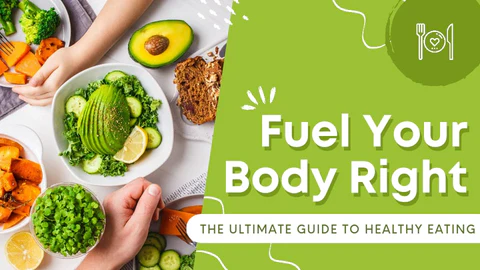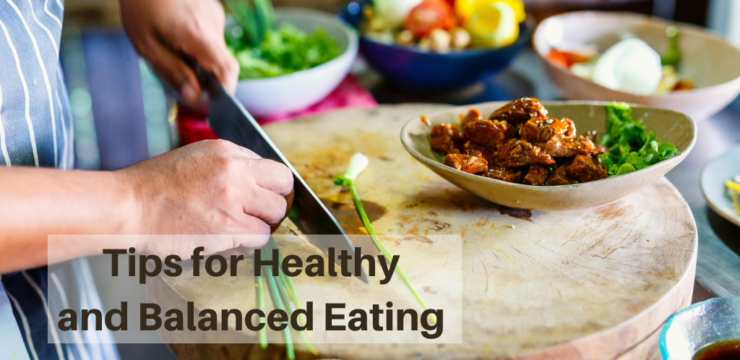Maintaining a healthy diet is essential for overall well-being.
Proper nutrition fuels your body, supports immune function,
enhances mental clarity, and helps prevent chronic diseases.
This guide will provide you with the fundamental principles of healthy eating and practical tips for a balanced diet.
The Basics of Healthy Nutrition
A well-rounded diet consists of macronutrients and micronutrients:
- Macronutrients: These include carbohydrates, proteins, and fats, which provide energy and support body functions.
- Micronutrients: These are vitamins and minerals that are necessary for various physiological processes and disease prevention.
- Water: Staying hydrated is crucial for digestion, circulation, and temperature regulation.
Building a Balanced Diet
To achieve a nutritious diet, consider incorporating the following elements:
1. Eat a Variety of Foods
A diverse diet ensures that you receive all essential nutrients. Include:
- Fruits and Vegetables: Aim for at least five servings daily. They are rich in vitamins, minerals, fiber, and antioxidants.
- Whole Grains: Opt for whole-grain bread, brown rice, and quinoa over refined grains.
- Lean Proteins: Sources include fish, poultry, legumes, tofu, and nuts.
- Healthy Fats: Include sources such as avocados, olive oil, and nuts while limiting saturated and trans fats.
2. Control Portion Sizes
Even healthy foods can contribute to weight gain if consumed in excess. Be mindful of portion sizes to maintain a balanced caloric intake.
3. Limit Processed and Sugary Foods
Highly processed foods often contain excessive sugar, unhealthy fats, and sodium, increasing the risk of obesity, diabetes, and cardiovascular disease.
4. Stay Hydrated
Drink plenty of water throughout the day. Herbal teas and infused water can be great alternatives to sugary beverages.
5. Plan and Prepare Meals
Cooking at home allows you to control ingredients and portion sizes. Meal prepping can help you make healthier choices and save time.
Special Considerations
Different individuals have unique dietary needs based on age, activity level, and health conditions. For example:
- Children and Adolescents need sufficient protein and calcium for growth.
- Pregnant Women require additional folic acid, iron, and protein.
- Seniors should focus on nutrient-dense foods to maintain muscle mass and bone health.
Final Thoughts
Healthy nutrition is about making informed choices and creating sustainable eating habits. By incorporating a variety of nutrient-dense foods, managing portions, and staying hydrated, you can support your long-term health and well-being. Start with small changes and gradually build a lifestyle that nourishes both your body and mind.





